john in la
Well-known Member
What did I get here?
Give $100 for this generator because it started on first pull and was very quiet.
Has some minor problems but both 110 plugs work and I have heard Honda generators are the best.
I want it to use on my boat to run a small battery charger.
All my boat lights are 12v and rather than buy more batteries I am going to try and charge the ones I have.
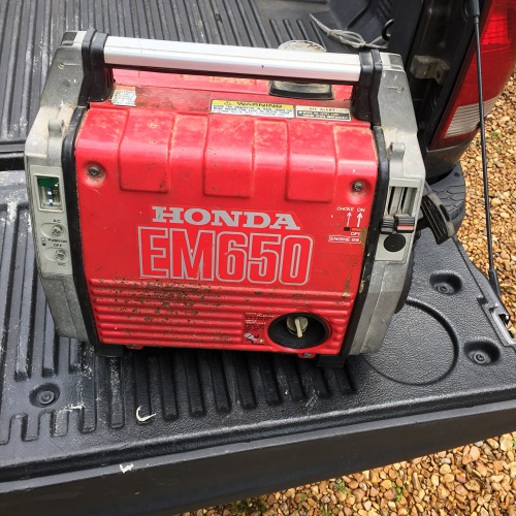
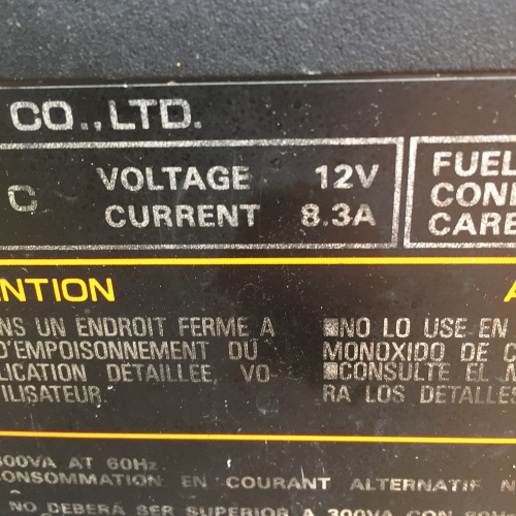
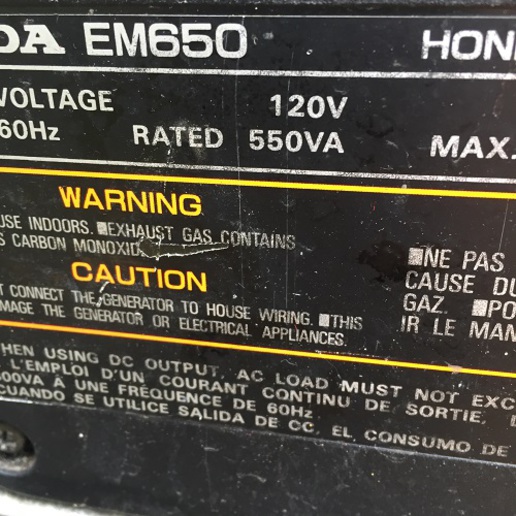
Do not know what happen to that top plug but the plastic is soft.
It still works but hopefully parts are still available and I will replace it.
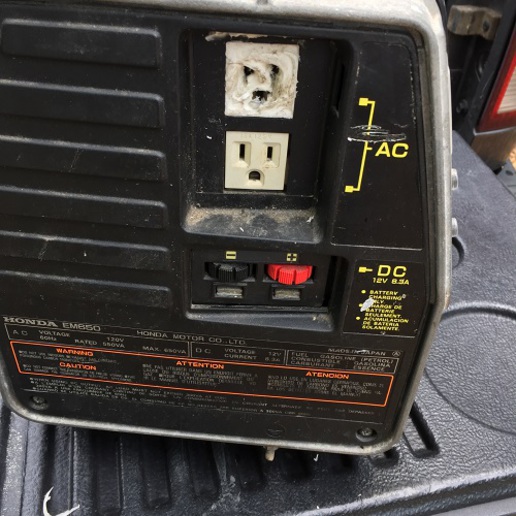
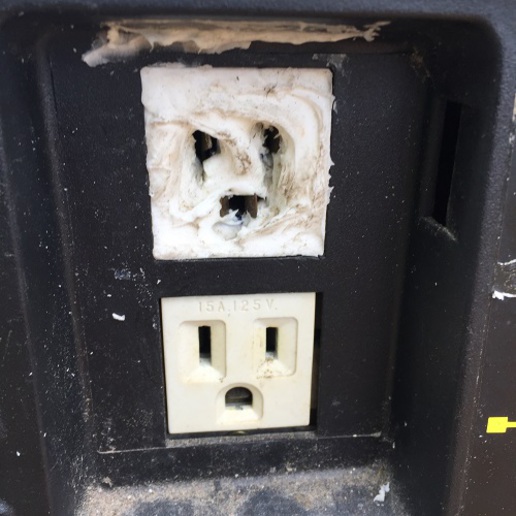
Have no idea what this window if for.


Your comments welcome.
Give $100 for this generator because it started on first pull and was very quiet.
Has some minor problems but both 110 plugs work and I have heard Honda generators are the best.
I want it to use on my boat to run a small battery charger.
All my boat lights are 12v and rather than buy more batteries I am going to try and charge the ones I have.



Do not know what happen to that top plug but the plastic is soft.
It still works but hopefully parts are still available and I will replace it.


Have no idea what this window if for.


Your comments welcome.


